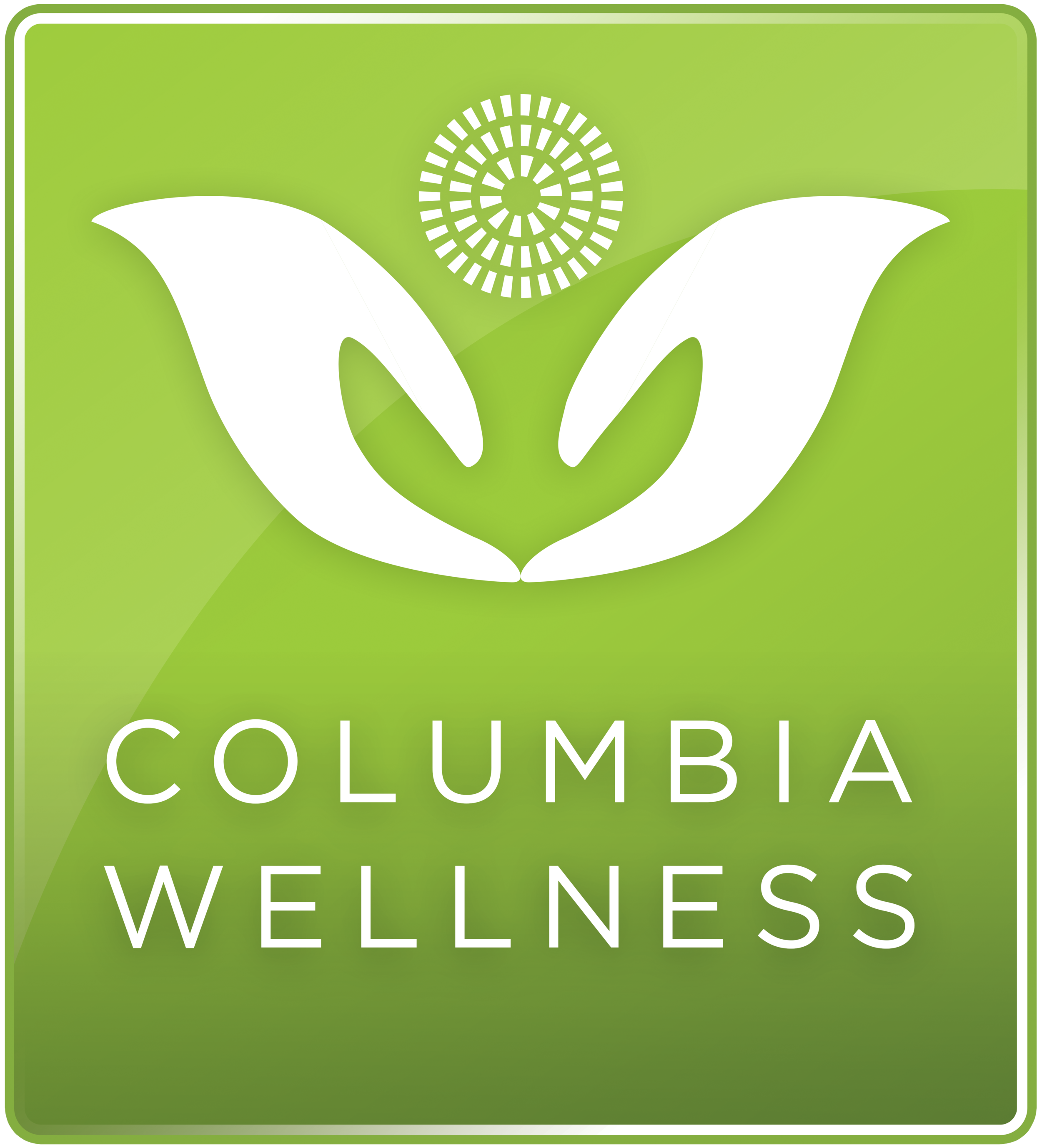What is Self-Care?
About Self-Care
Self-care is an important aspect of maintaining your mental and emotional well-being. The urge to help others can be very strong, and people can go out of their way to provide support for those in need. While people are quick to render aid for others, many struggle with taking care of themselves. Self-care can help reduce anxiety, improve mood and maintain physical health. Proper self-care can help you to understand yourself and others better. Self-care isn’t a selfish act however, if you want to take care of others you must first be able to do so. Proper self-care ensures that you’re feeling your best.
Effective self-care is a positive experience that includes things like eating well and partaking in the experiences you want to enjoy. Find activities that are relaxing for you and work them into your self-care plan, and your self-care should be planned out. Effective self-care is an ongoing effort, it isn’t a one-time occurrence. Self-care shouldn’t feel like a chore either, taking care of yourself isn’t something you should have to force. Make sure to set aside time to unwind and destress, so you can face any problem with optimism and vigor.
Self-care is a mixture of activities and preventative measures, and you’ll need to find what works best for you. An important facet of self-care is creating a “no” list, which is list of everything you won’t do. This can be simple things like “no television an hour before bed” and “take the dog for a walk when I get home from work.” It can also include a list of topics you won’t talk about or things you won’t work with. It’s important to know what your limits are, pushing yourself to do something unsafe is a quick way to hurt yourself.
Exercise is an important component of self-care, and it has more than just the obvious physical benefits. There are mental and emotional benefits from working out, a few minutes a day can help improve your mood. If you don’t like going to the gym, or are looking for something more low-impact, then yoga is an excellent option for self-care. The deep breathing and languid movements allow for exercise and mental relaxation. Yoga and the gym both give you time to mentally “check-out” and focus on working your body without the distractions and clutter of your normal life.
Meditation can be an effective form of self-care. Meditation involves entering a relaxed state through a variety of techniques. It can as simple as deep breathing and letting your mind wander or focusing on a single thought to the exclusion everything else. Meditation is mentally refreshing, and even a short five-minute session can give you the mental break you need to get through the day.
Don’t forget to include some small activities in your self-care plan to help you through any rough spots in a day. These small bits can include activities like counting to ten, several deep breaths or looking at cute puppy pictures. Anything you can think of that helps you relax quickly when a stressful situation pops up. These miniature self-care segments should act as a supplement to the rest of your self-care routine, not as a complete replacement. It may help to tie them the other aspects of your self-care plan. For instance, if you enjoy meditation to relax then deep breathing may be a good way to quickly refresh yourself during the day.
To start planning out your self-care routine make sure to ask yourself the following questions:
“What does self-care mean to me?”
“What sort of self-care do I already do?”
“How can I take care of myself while I’m at work or out with friends?”
“What’s causing me stress or anxiety in my life?”
Remember that to keep asking yourself these questions, even after you create your self-care routine. Self-care is an ongoing process that changes with time, new stresses may require you to change your plan. Don’t stress out about getting it right the first time, just make sure to adjust your self-care plan as necessary. An effective self-care plan shouldn’t feel like a burden or a waste of time; if you feel like it is then it’s time to reevaluate your plan.
Be sure to stick to your self-care plan and keep the time you’ve set aside for yourself free from other obligations. If Tuesdays after lunch you spend 15 minutes meditating, then you’re not free to go see a movie until after you’ve meditated. Just like anything else, self-care must be done consistently for it to be effective. No one goes to the gym once and really expects to wake up with a six-pack the next morning, so be prepared to defend your self-care regimen against intrusions. Don’t be afraid to tell someone you’re too busy because you’re taking some time to unwind and collect yourself. Your friends would rather you show up refreshed and happy instead of stressed out and short-tempered. If you know that absolutely must do something during your self-care time, then try to schedule your self-care earlier or later for that day.
Remember, effective self-care isn’t a selfish thing to do. You can’t help people if you aren’t at your best, so don’t be afraid to tell people “no.” Make sure to create a schedule of time set aside to unwind and refresh yourself and stick to that schedule. Sometimes life gets in the way, but if you find yourself constantly making excuses to not practice self-care then you need to reevaluate your self-care plan. Be sure to include small things you can do anywhere to help you relax, such as deep breathing or stretching.
